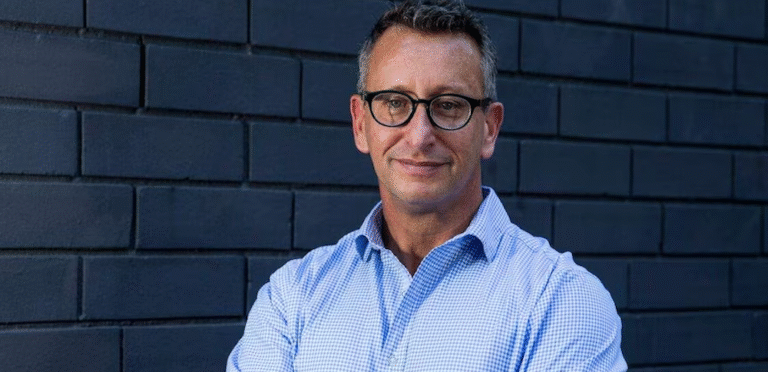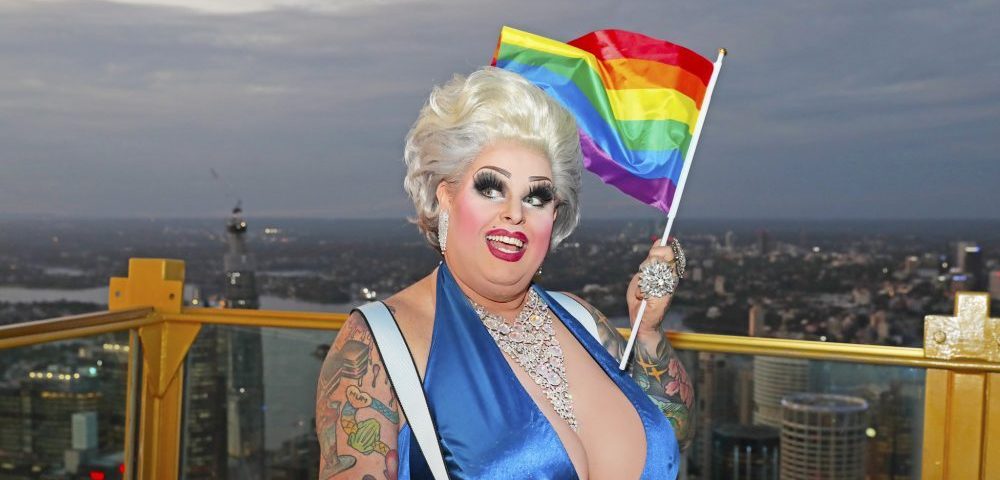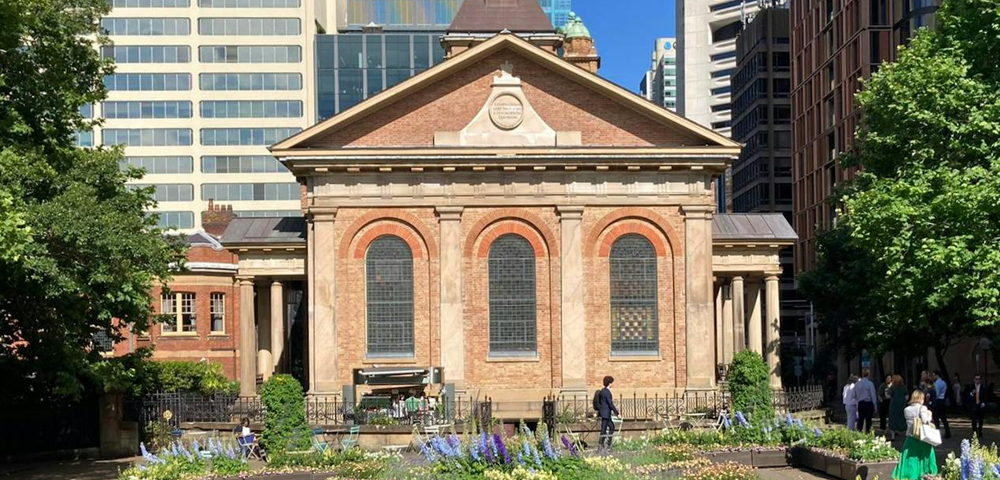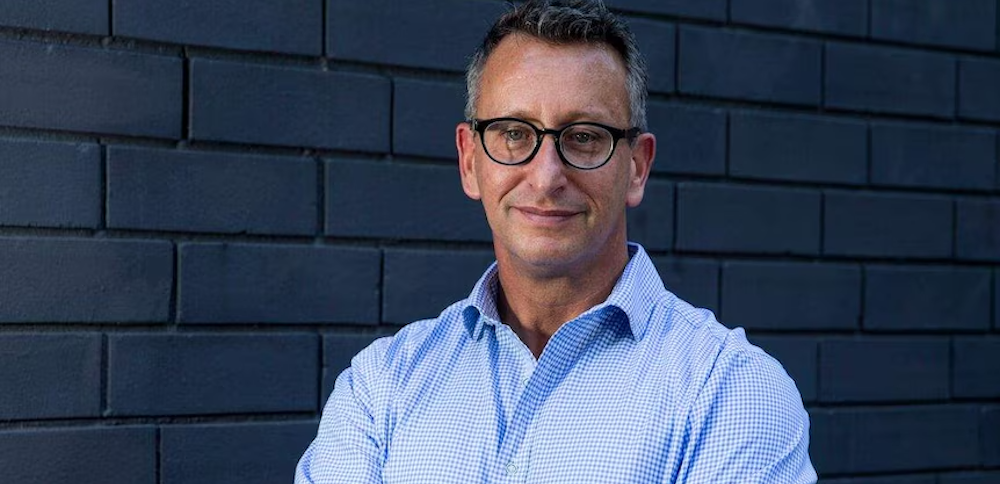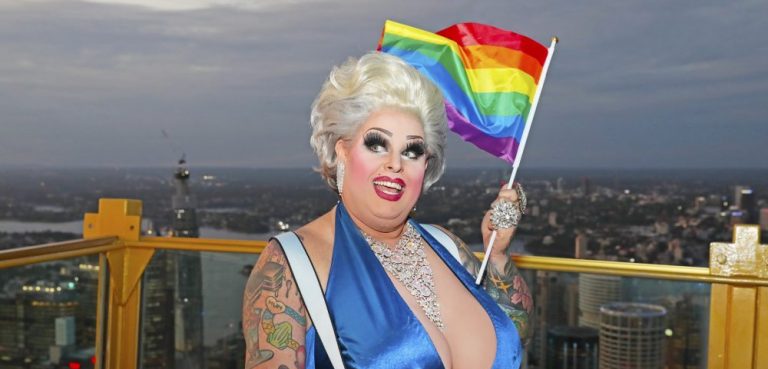
Determined to succeed
The story of Grant Alfred is that of an indigenous Aussie teenager whose parents could not support their eight children. Attending six schools in his seven years of primary school didn’t help his troubled childhood.
Sport was a big feature in Grant’s family history, with mum representing NSW in hockey and netball. Two of Grant’s older sisters played for the Australian Institute of Sport and another two were state netball representatives. With an older gay brother and a younger brother playing in the Queensland State rugby competition, it was certain that sport would play an important role in Grant’s life.
Receiving a scholarship at Rivermount College, although great for building his sporting career, was a disaster. Over an hour of travel to and from school ensured truancy that led to his expulsion. He then attended a state high school that was closer, although also closer to a stressful home life.
Things seemed to be turning for the best as Grant was accepted into a private school on a subsidised sports scholarship. Required to play rugby, athletics, volleyball and basketball in season kept the adolescent busy. The boarding environment additionally provided stability that was previously foreign to Grant.
Grant blossomed in drama classes where he gained the strength to rise above unfortunate family circumstances that were always in disarray.
“My parents denied responsibility for their children – we lived our own lives from a very young age,” Grant said when asked about this period.
“I feel this is the biggest issue within indigenous families, 95 percent of my friends have no relationship with their parents. They are raised by uncles and aunts, and know their cousins better than their siblings.”
During the unsettling years of puberty, Grant’s life fell once again. As an effeminate and ethnic individual Grant was beyond a minority. He was hated in the red-necked rugby community of the school, and once again he became isolated.
In year 12, his poor marks illustrated Grant’s unhappiness. As home life was impossible, a one way ticket to Maffra in Victoria allowed him to live with his uncle and cousin.
He began to excel in AFL and basketball – the talent scouts wanted him in Melbourne – but once again sport caused Grant further hardship as his uncle started to resent his ability to outshine his cousin.
Domestic issues drove Grant back to Queensland in 2003 where his brother was abusing alcohol. Unsurprisingly, the dysfunctional behavioural patterns had traversed another generational barrier.
Grant turned to rugby as a release of tension. After being quickly snapped up by the Convicts Rugby Team, he fell into a life of drugs and drink off the field. The sense of belonging he sought was lost in a drug induced stupor.
He returned to Queensland to dry out. His mentor at the club told him he would support him and await his return – when he was ready and drug-free.
Returning to Sydney, Grant sought out his other sport, volleyball, during the rugby off-season. It was like coming home. He was accepted by the very multicultural group that makes up Freezone.
“I could see Asians, South Americans, Samoans, Italians, Americans, English and Russians. They all played hard and had fun together,” Grant said.
“Sometimes you couldn’t understand a word of what was spoken on the court! It was a few weeks before I found out that some of the players were straight – not even that made a difference.
“It is nice to walk in and feel loved unconditionally, people are always happy to see me.”
When asked what was really important in life, Grant listed three things: stability, love and sport.
“The order doesn’t matter, they are all important,’” he said.
Contact Convicts Rugby Club or Freezone Volleyball Club via the Team Sydney Website: www.teamsydney.org.au.


